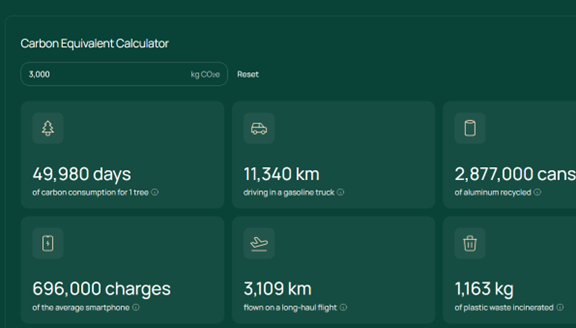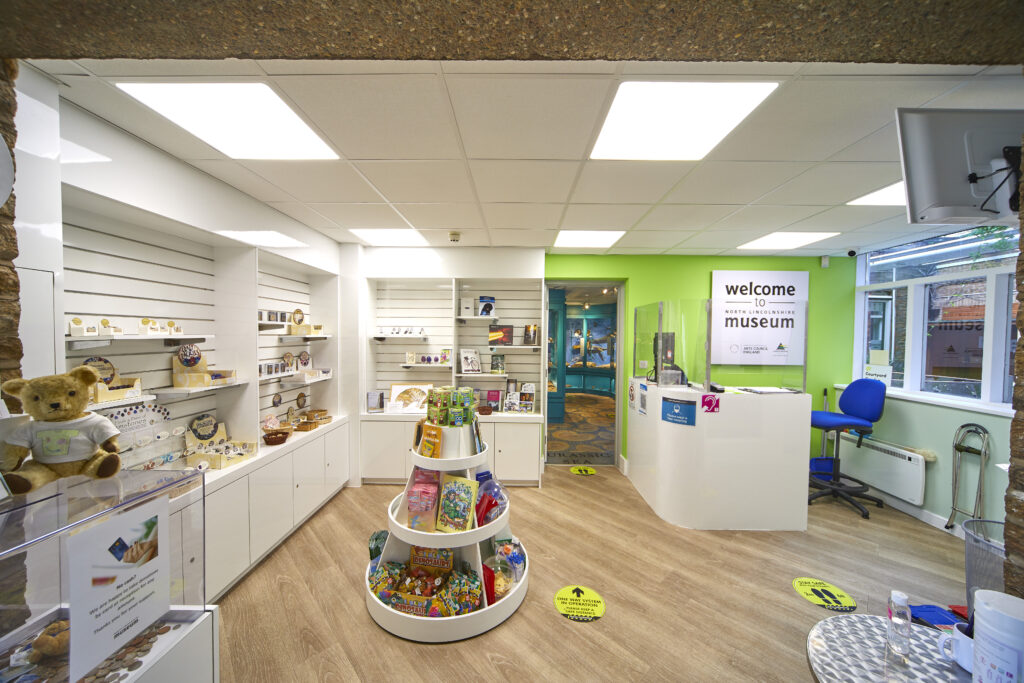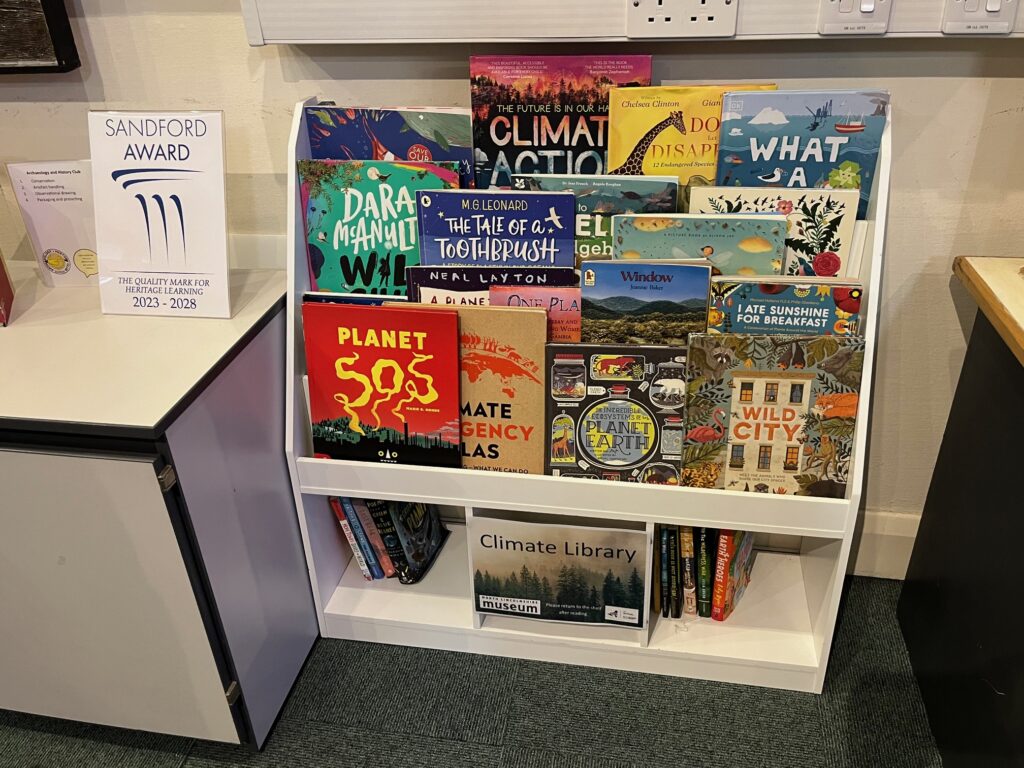Reducing Our Environmental Impact
Energy Efficiency
In May 2024, we installed a 16.72kWp solar panel system comprising 38 panels. This system is estimated to save approximately 3 tonnes of CO₂ annually.
This is what 3 tonnes of Co2 look like:

We continuously monitor our energy consumption and seek opportunities to reduce usage across all museum sites.
Creative Climate Tools
We use The Creative Climate Tools (CC Tools), a free carbon calculator and Beyond Carbon impact tracker developed by Julie’s Bicycle. These tools enable artists and cultural organizations to track their environmental impact, record progress, and make strategic changes.
We have been using these tools since 2015 to monitor our progress and benchmark against other similar cultural organisations.
Water Conservation
We monitor, manage, and reduce mains water use at all museum sites to detect leaks and inefficient use of this resource.
Waste Management
We monitor waste generation and recycling rates, promote waste minimization, and progressively improve levels of reuse and recycling in all activities.
We have recycling facilities in the back offices for staff and in reception for customers. We have recycling collections for paper, glass, plastic, cardboard, green waste, food waste, and batteries.
This is what happens to our waste in North Lincolnshire.
Gift Shop
We aim to stock environmentally and responsibly sourced gifts that relate to the Museum, with as little plastic as possible. We are not perfect, but we are working towards getting there. We have a range of fossils, dinosaur and exhibition related giftware starting at pocket money prices, treat yourself or your little ones, and support the Museum. Some items are also available to purchase from the online gift shop.

Recycle & Reuse
In our exhibition spaces, we reuse the display cases, hanging system, mounts and modular walls. We repurpose other things where possible, such as furniture, purpose-built displays. We print panels onto recyclable Xanex boards.
We advertise and recycle our unwanted displays and cases, so that other museums then use them. This was all set up through Museocyle from Museum Development North.
Sustainable Travel
We encourage and support staff and visitors to choose sustainable ways of transport. Information on public transport to the Museum is available here on our website.
Staff Practices
Some of our staff work remotely, and many meetings take place online, reducing travel costs and environmental impact. This also includes research and viewing of objects for acquisition to the collection.
We provide environmental training to staff, and environmental issues are a regular agenda item in staff meetings.
Visitor Services
We use regular cups instead of paper or plastic cups for all refreshments supplied for meetings and events.
We have taps available on both floors where visitors can refill their own water bottles. We have a Climate Library for children in our Community Gallery.

Printed Materials
We have a low-print policy with a move to digital files, and only print the essentials. If we do print, we ensure it is double-sided.
We have reduced printed promotional materials such as leaflets, postcards, and invitations, and send most of them digitally. Our museum guide now contains only basic information, encouraging visitors to follow us on our social channels and website, and is printed on 100% recycled paper.
Our ‘Schools Out’ leaflet is digitally shared with schools, and only a small print run is made during the long summer holidays.
Biodiversity
We encourage biodiversity across our site through our wildflower planting. You can participate in activities such as the Big Garden Birdwatch, The Great British Bee Count, and the Big Butterfly Count in your own garden or the museum garden, depending on the time of year.
Sustainable Procurement
North Lincolnshire Council works with our suppliers to ensure that all purchasing decisions take environmental impact into account.
Further Information
A Green Future is North Lincolnshire Council’s core environment strategy that aims to create a cleaner, greener, and more sustainable North Lincolnshire. It is a statement of policy intent relating to all matters concerning environmental wellbeing.